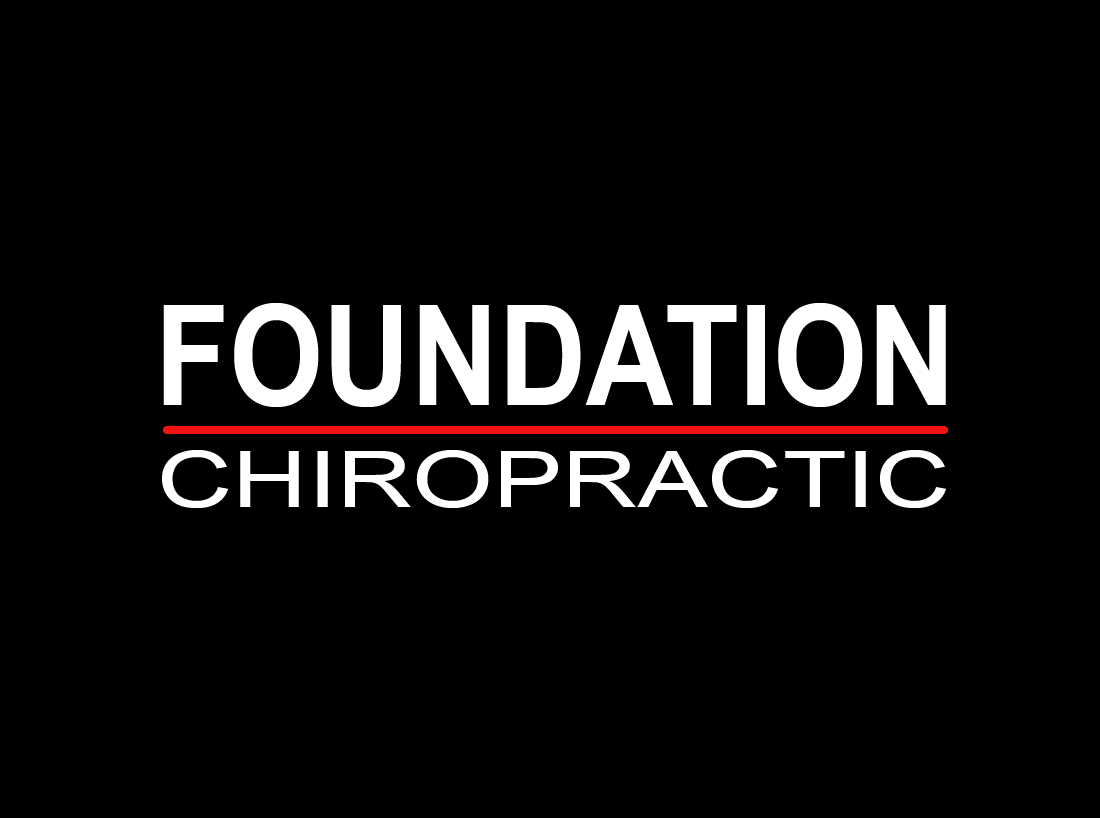Acupuncture for Knee Pain
Knee pain can affect every part of your daily life. Regular activities like walking or climbing stairs may seem impossible. Many people suffer from knee pain, as it is one of the most common problems for people of all ages. It can stem from injuries, underlying medical conditions, or even something as simple as muscle tightness.
While many treatments are available, some carry unwanted side effects. Acupuncture offers a natural alternative with minimal risks. At Foundation Chiropractic, we recognize how limiting knee pain can be and provide acupuncture treatments focused on reducing inflammation, easing discomfort, and helping you move with greater ease.
What Causes Knee Pain?
Knee pain can arise from many different causes, including injuries, certain medical conditions, and muscular imbalances. Injuries are a common source of problems, not just for your knees, but thoughout your body. Tears in the meniscus or ligaments (such as the ACL), as well as fractures, can be very painful. Injuries may also cause inflammatory conditions like bursitis or patellar tendonitis.
Medical conditions, such as arthritis, can create pain in your knee. Osteoarthritis is the most common cause of knee pain, results from "wear and tear" on your joints. Other types are more systemic, such as rheumatoid arthritis, and gout.
Muscular imbalances, such as tightness in the hips, thighs, calves, or iliotibial (IT) band can place extra stress on the knee, contributing to discomfort. In some cases, issues such as patellofemoral pain syndrome (pain originating at the kneecap) may be the underlying cause.
If you are dealing with knee pain, you may notice symptoms such as swelling and stiffness, redness and warmth, weakness or instability, “popping” sounds, or difficulty fully straightening the knee. Whatever the source, our team at Foundation Chiropractic is dedicated to providing the right treatment to help you heal and regain mobility.
What are the Risk Factors for Developing Knee Pain?
There are many different factors that can increase your chances of experiencing knee pain. One of the most common is carrying excess weight. When you are overweight or obese, there is greater stress on your joints and you also have more systemic inflammation, which increases your overall pain.
Muscle weakness and stiffness can also play a role, as they increase the strain placed on the knee joints.
High impact sports, such as skiing, basketball, or running, can increase your risk of injury. Pickleball is another sport that can be hard on your joints as well. It is always important that you make sure to properly warm up and cool down and condition your body in between games
Finally, a history of knee injuries is a significant risk factor, as prior damage makes the knee more vulnerable to reinjury over time.
What are the Conventional Treatments?
The most common treatment for knee pain includes physical therapy, medications, steroid injections, bracing, and even surgery. Physical therapy is usually a sensible solution and can help restore mobility and strength. Bracing is good for a temporary fix, but can cause your muscles to weaken over time. Medications and steroid injections can address symptoms, but may not address the root cause. Surgery may be necessary in some instances, but carries risks and potential complications.
While conventional treatments can help, many people look for complementary therapies that support long-term healing.
What Are the Conventional Treatments for Knee Pain?
The most common treatments for knee pain include physical therapy, medications, steroid injections, bracing, and, in some cases, surgery.
Physical therapy is often a sensible first step, because it addresses muscle imbalances and helps to restore strength, mobility, and function. Bracing can provide temporary support but may lead to muscle weakening if used long-term. Medications and steroid injections can relieve symptoms, but they often do not address the underlying cause of your pain. Surgery may be necessary for certain conditions, but it is risky and potential complications may occur.
Fortunately, there are treatments available, such as acupuncture, that have minimal side effects and promote long-term healing.
How Can Acupuncture Treat Knee Pain?
Acupuncture can be an effective solution for knee pain, no matter the cause, because it works to balance the Qi and Blood in your body. According to traditional Chinese medicine theory, Qi governs the function of your entire body, including your nervous system. By stimulating your nervous system, acupuncture releases endorphins and other neurotransmitters, which reduce pain and improve joint function.
Other benefits of acupuncture include:
Reducing inflammation and pain to improve circulation and encourage your body’s natural healing responses
Targeting trigger points to enhances muscle strength and flexibility
Personalized treatment plans are customized to address your specific needs and comfort
By tackling both the physical and energetic aspects of knee health, acupuncture can help speed healing and improve joint function. At Foundation Chiropractic, our acupuncturists assess the root cause of your knee pain to create a personalized plan that promotes long-term relief and mobility.
Ask About Acupuncture for Knee Pain today
If you are experiencing knee pain, acupuncture can help, no matter the underlying cause.
At Foundation Chiropractic, our goal is to get you out of pain and help you heal at a deeper level.
Located in both Pittsburgh and Wexford
Call us at 412-552-8071
